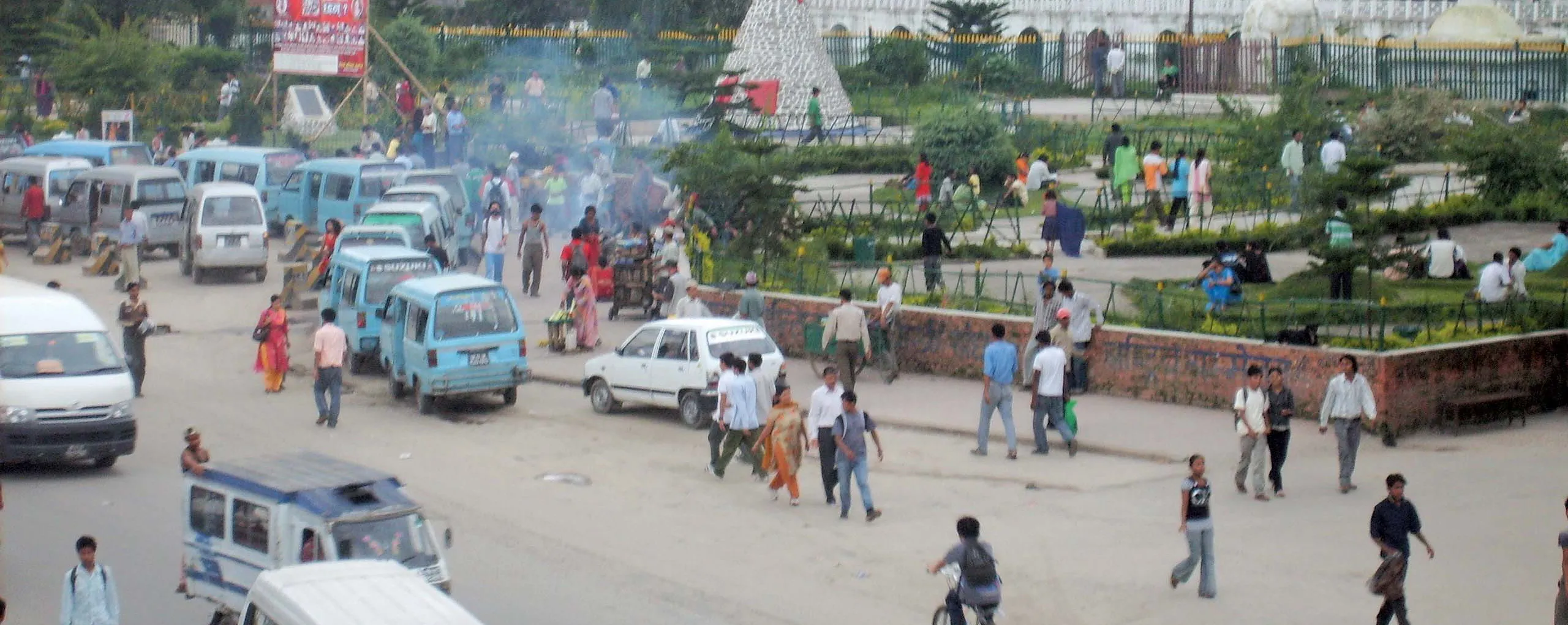Late December and early January has proven to be a dangerous time to use the roads in Thailand. Official data shows that there were 3,092 road crashes, causing 3,216 injuries and 340 deaths in the period between the 29th December 2015 and the 3rd January 2016. The death toll was the highest in Nakhon Ratchasima at 15, while the number of injuries and accidents were the highest in Chiang Mai, both at 125. A total of 339 crashes occurred nationwide on 3 January 2016 with 361 injuries and 48 deaths. Among the
January 4, 2016
Read time: 2 mins
Late December and early January has proven to be a dangerous time to use the roads in Thailand. Official data shows that there were 3,092 road crashes, causing 3,216 injuries and 340 deaths in the period between the 29th December 2015 and the 3rd January 2016. The death toll was the highest in Nakhon Ratchasima at 15, while the number of injuries and accidents were the highest in Chiang Mai, both at 125. A total of 339 crashes occurred nationwide on 3 January 2016 with 361 injuries and 48 deaths. Among the main reasons for crashes include speeding at 16.2% and drunk-driving at 19.8%. Most of the accidents happened on major roads at 68.7% while motorcycles accounted for below 80% of the whole figure.
With a view to reducing the toll of deaths and injuries on its roads, the Thailand Government implemented its 'seven dangerous days' road safety campaign, which started on the 29th December 2015 and ended on the 4th January 2016. The campaign saw police and soldiers arrest people driving drunk and seize their vehicles.
The authorities in Thailand are introducing measures to lower the country’s crash rate. As one part of that initiative, a pilot road safety project was run during New Year on a short stretch of the country’s Highway No4, the Phetkasem Road. The trial was run jointly by the Highways Department and the Engineering Institute of Thailand (EIT). If this pilot proves successful, the scheme may be extended to other major roads across the country.
A section of the Phetkasem Road was selected as this stretch is considered one of the most risky in the country. Thirty road crashes, resulting in three deaths and 38 injuries, were reported on this stretch of road last New Year alone.
With a view to reducing the toll of deaths and injuries on its roads, the Thailand Government implemented its 'seven dangerous days' road safety campaign, which started on the 29th December 2015 and ended on the 4th January 2016. The campaign saw police and soldiers arrest people driving drunk and seize their vehicles.
The authorities in Thailand are introducing measures to lower the country’s crash rate. As one part of that initiative, a pilot road safety project was run during New Year on a short stretch of the country’s Highway No4, the Phetkasem Road. The trial was run jointly by the Highways Department and the Engineering Institute of Thailand (EIT). If this pilot proves successful, the scheme may be extended to other major roads across the country.
A section of the Phetkasem Road was selected as this stretch is considered one of the most risky in the country. Thirty road crashes, resulting in three deaths and 38 injuries, were reported on this stretch of road last New Year alone.








